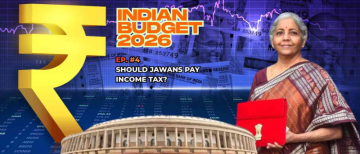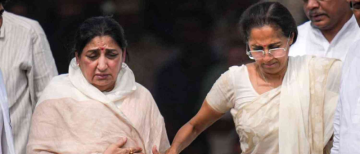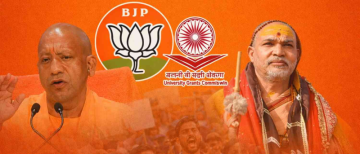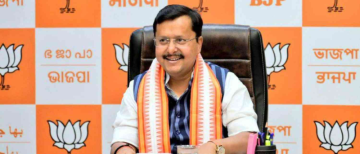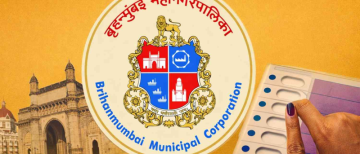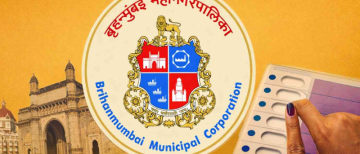Questions about the "additional" pressures on female politicians and whether enough is being done to remove the obstacles they face are being raised by the recent resignations of two prominent world leaders, both of whom are women.
Nicola Sturgeon, the leader of Scotland, announced her resignation after more than eight years in office. Her comments echoed Jacinda Ardern's, who said she had “no more in the tank” when she quit as New Zealand’s prime minister in January.

Female politicians, including those in Canada, are still facing “additional scrutiny and challenges” compared to their male colleagues, which can take a toll.

Being a woman leader is more difficult in many ways because they must balance being a woman and being a leader. Here are a few reasons why:
Gender bias: Women political leaders often face gender bias and discrimination, which can manifest in various forms, such as sexist comments, unequal treatment, and double standards.
Glass ceiling: Women in politics often struggle to reach higher positions due to the existence of a glass ceiling, where they are prevented from advancing to higher levels of power.
Stereotyping: Women political leaders are often stereotyped and pigeonholed into certain roles and expectations, which can limit their ability to lead effectively.
Harassment and threats: Women political leaders often face harassment and threats, both online and offline, which can create a hostile work environment and make it difficult for them to do their job.
Lack of representation: Women are still underrepresented in politics, which can make it harder for them to gain support and influence in their work.
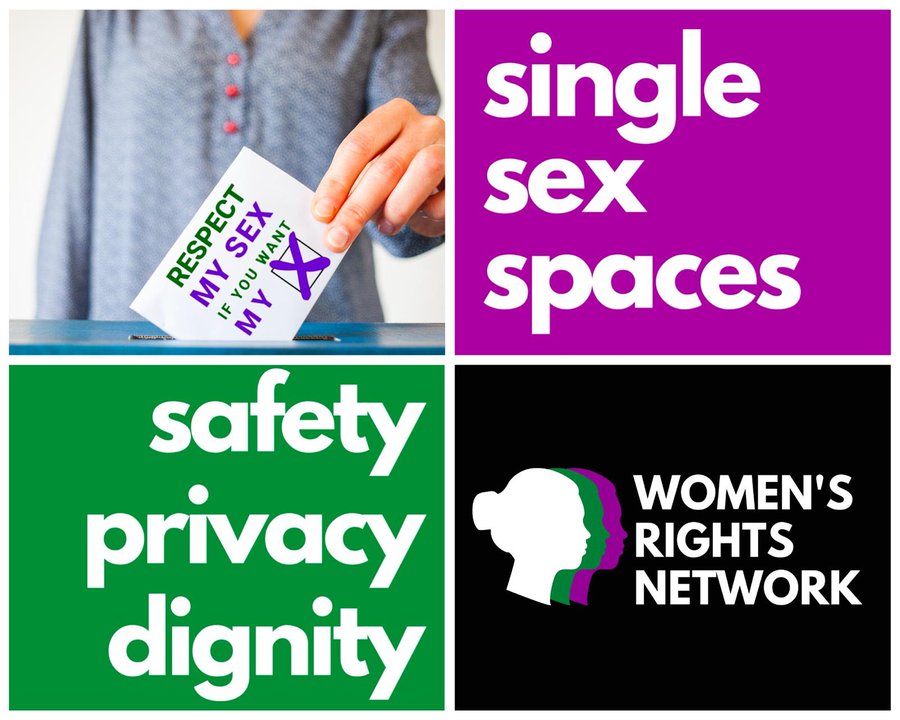
Limited access to resources: Women may face limited access to resources, such as funding and campaign support, which can make it harder for them to run for office and be successful.
Work-life balance: Women in politics often struggle to balance their work and personal lives, which can be particularly challenging for those with caregiving responsibilities.
Lack of support: Women political leaders may not receive adequate support from their colleagues or constituents, which can make it difficult for them to succeed in their roles.
Cultural and societal expectations: Cultural and societal expectations may place additional pressures on women political leaders, such as expectations around appearance and behavior.
Perceived incompetence: Women political leaders may be perceived as less competent than their male counterparts, even when they have the same qualifications and experience. This perception can make it difficult for them to gain support and influence in their work.
© Vygr Media Private Limited 2022. All Rights Reserved.








